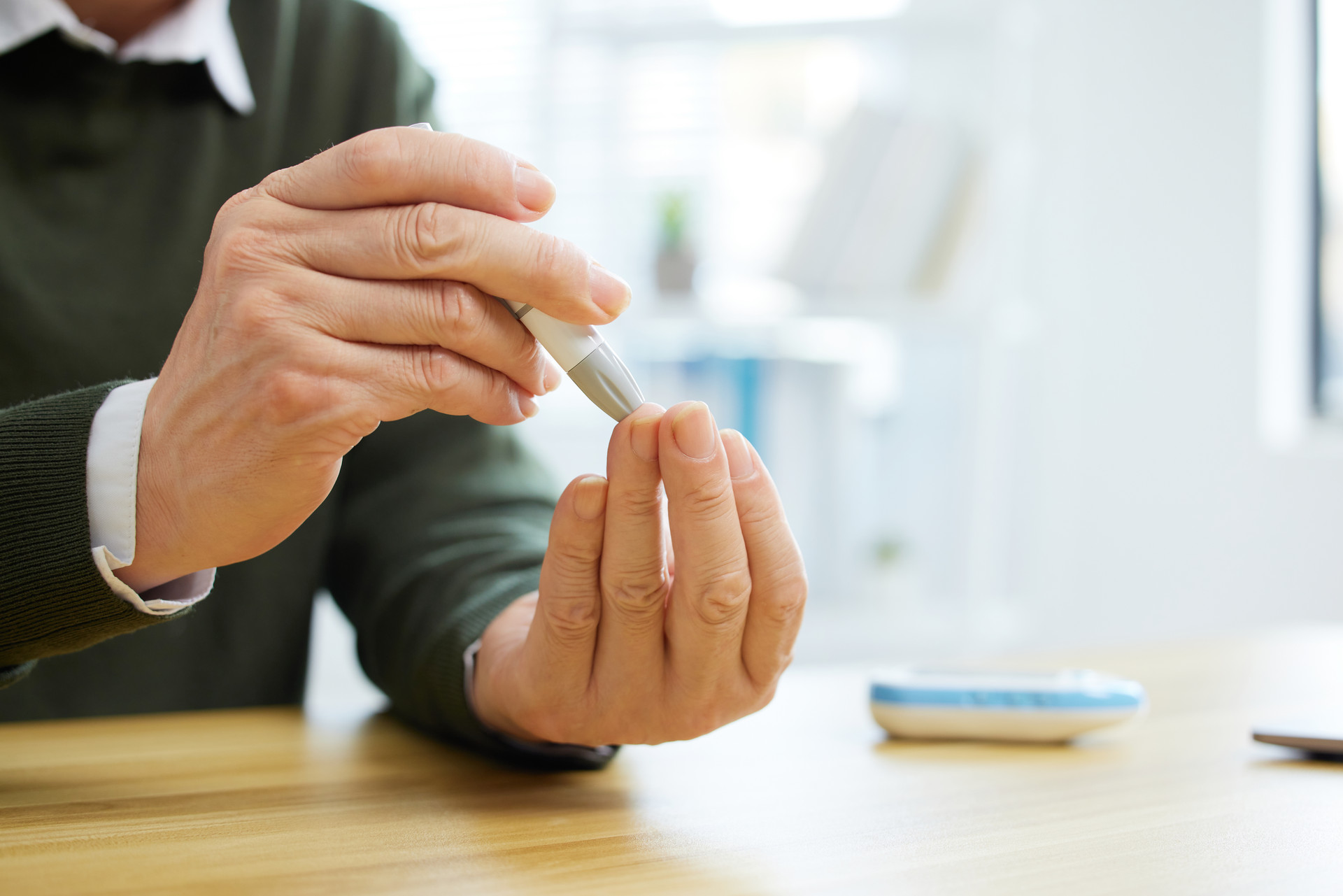In men, it refers to the stage between 50 and 60 years old. During menopause, symptoms such as hot flashes, dizziness, palpitations, and cold limbs may occur, and special attention to maintenance is required. After entering menopause, the body's various functions gradually decline, and digestion also greatly weakens. Therefore, the diet during menopause needs special attention.
Traditional Chinese medicine attributes menopause to "internal restlessness". Treatment should focus on tonifying the spleen and kidneys, regulating the Chong and Ren meridians, and also soothing the liver and regulating emotional well-being, controlling desires, balancing work and rest, and paying attention to daily routines to complement the treatment. Dietary therapy focusing on nourishing the heart and spleen, tonifying the kidneys, and moisturizing dryness not only has good effects but also strengthens the body.
What are the dietary requirements during menopause?
1. Many people have higher blood sugar levels during menopause and often have glycosuria. Therefore, it is necessary to eat less sweet foods during menopause. In addition, excessive consumption of sweet foods can lead to weight gain and increase the risk of atherosclerosis and coronary heart disease.
2. The diet during menopause should also restrict highly stimulating foods, as emotions can be more passive during menopause, and consuming too many stimulating foods can worsen menopausal symptoms.
3. The diet during menopause should have sufficient protein to meet the body's needs, such as eating more eggs, milk, and legumes.
4. During menopause, it is important to consume foods rich in vitamins and calcium, especially foods rich in B vitamins, vitamin C, and vitamin E.
5. Salt can increase body fluids, raise blood pressure, and cause hypertension. It can also increase the burden on the heart and kidneys. Therefore, the diet during menopause should limit salt intake.
6. The diet during menopause should limit fat intake, as a high-fat diet not only increases the incidence of tumors but also promotes the development of atherosclerosis and hypertension.
In summary, the diet during menopause should be light and nutritious. Of course, everyone's physique is different, and the dietary requirements during menopause will also vary. It is best to consult a doctor to understand the best dietary combination for oneself. Experts on the Mental Health website remind that in addition to paying attention to the diet during menopause, necessary treatments such as psychological therapy and medication should also be considered because it is difficult to completely relieve menopausal symptoms through diet alone. Menopausal individuals should seek medical advice as soon as possible when experiencing severe symptoms, especially mental and psychological symptoms, to seek effective treatment.






